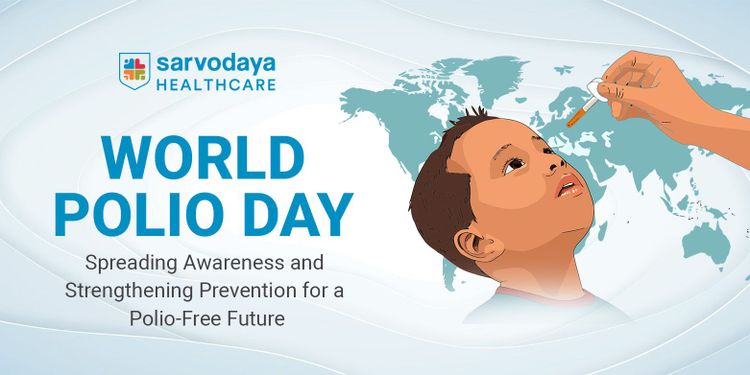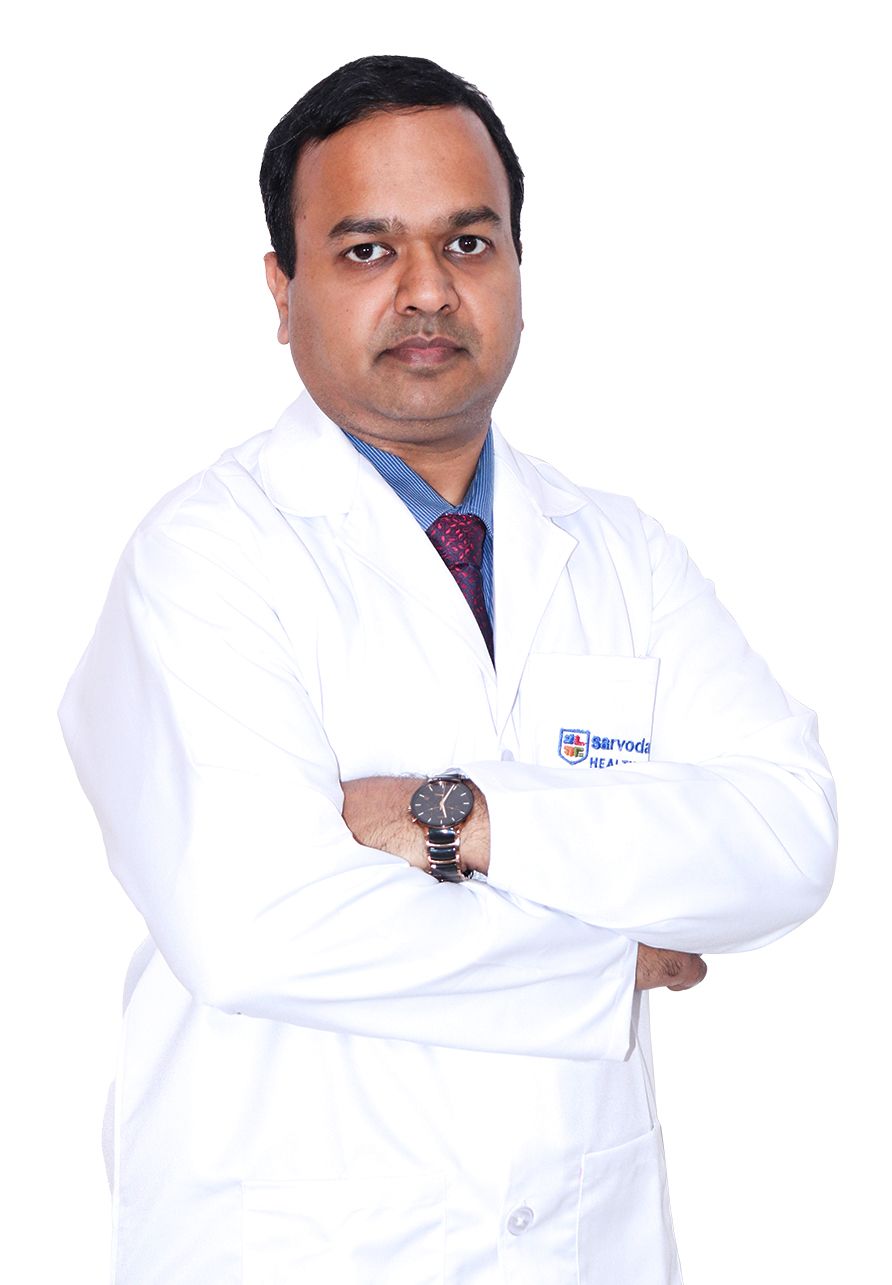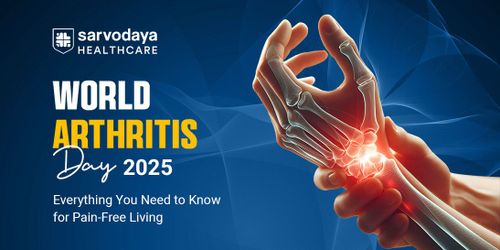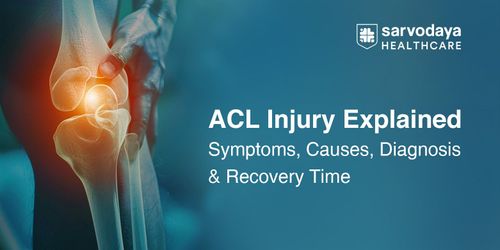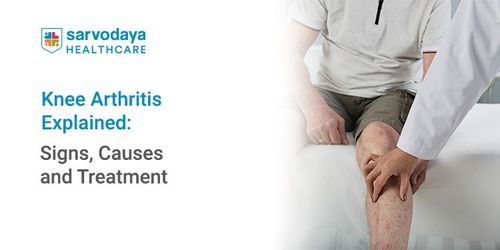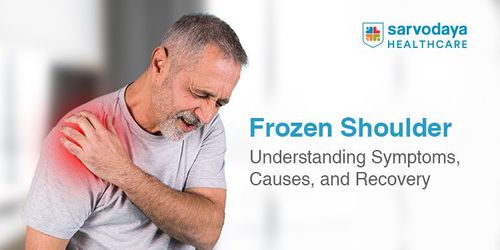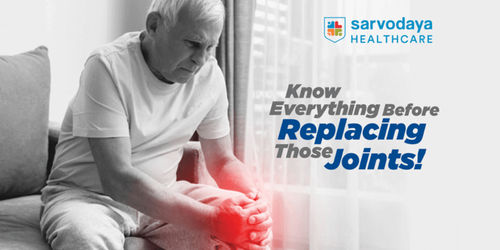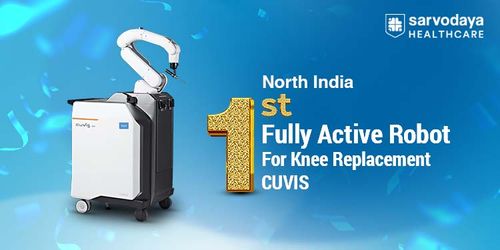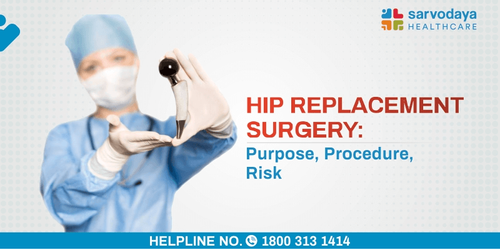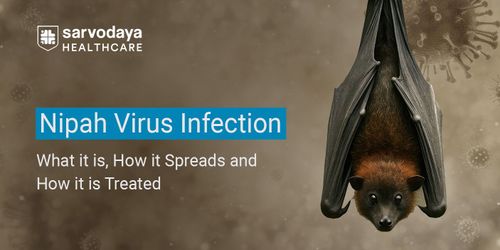Every year on 24th October, the world comes together to observe World Polio Day. The day serves as a powerful reminder of the global fight against one of the most disabling and life-threatening diseases in history. Although significant progress has been made toward eradicating polio, the virus still exists in a few parts of the world, reminding us that collective vigilance and continued vaccination are crucial for a polio-free future.
In this blog, we explore the importance of polio awareness and polio prevention, understand how far polio eradication efforts in India have come, and discuss the role of healthcare professionals.
Understanding Polio and Its Impact
Polio, also known as poliomyelitis, is a highly infectious viral disease that primarily affects children under the age of five. The virus invades the nervous system and, in severe cases, can lead to irreversible paralysis or even death. It spreads through contact with contaminated food, water, or faeces, especially in areas where sanitation is poor.
While modern medicine has made significant strides, the devastating effects of polio on physical and emotional health cannot be understated. The disease not only causes physical disability but can also lead to long-term psychological and social challenges for the child and their family.
Raising polio awareness is, therefore, essential in ensuring early vaccination and proper hygiene practices are maintained. Simple preventive steps, such as maintaining clean drinking water, practising adequate handwashing, and adhering to immunisation schedules, can drastically reduce the risk of infection.
The Global and Indian Scenario
The global journey to eradicate polio has been long and challenging, yet remarkable progress has been made. Decades of coordinated immunisation campaigns under the Global Polio Eradication Initiative (GPEI) have reduced cases worldwide by more than 99%.
Polio India is often celebrated as one of the greatest public health success stories. India was officially declared polio-free by the World Health Organisation (WHO) in 2014, after three consecutive years without a single reported case. This achievement was made possible through the combined efforts of government agencies, health workers, and the unwavering participation of millions of parents.
However, this success does not mean the fight is over. Sustained polio prevention efforts are crucial, as the virus can still return through international travel or lapses in vaccination coverage. Continued surveillance, hygiene awareness, and complete immunisation remain essential to ensure that India maintains its polio-free future status.
The Importance of Polio Awareness
Even after achieving tremendous milestones in disease control, polio awareness continues to be the backbone of prevention and protection.
Here are some of the most effective ways awareness is built and sustained:
- Community Campaigns: Door-to-door awareness drives that educate families about vaccination dates and importance.
- School Programmes: Interactive sessions for children and parents that highlight hygiene practices and the importance of vaccines.
- Healthcare Consultations: Regular check-ups with a paediatrician in Delhi NCR to confirm vaccination schedules and discuss preventive care.
- Media and Outreach: Informative campaigns on television, radio, and digital platforms to keep families updated on immunisation drives.
Polio Vaccination Schedule
When it comes to polio prevention, vaccination remains the most effective and trusted approach. The disease can be entirely prevented if children receive the right vaccines at the right time.
Two main types of vaccines that protect against polio:
- Oral Polio Vaccine (OPV): Administered orally in a few drops, this vaccine is easy to administer and plays a central role in mass immunisation campaigns, such as the Pulse Polio Programme in India.
- Inactivated Polio Vaccine (IPV): Given as an injection, IPV provides stronger immunity and is part of the routine immunisation schedule.
The Indian government continues to run regular polio awareness drives to remind parents about vaccination days and ensure that every eligible child is covered.
Polio Prevention
In addition to vaccination, the following preventive measures can further reduce the risk of transmission:
- Drinking clean, boiled, or filtered water
- Maintaining proper hand hygiene
- Ensuring food is well-cooked and covered
- Avoiding open defecation and maintaining sanitation
These preventive steps, when paired with timely vaccination, form a strong defence against the poliovirus and protect the nation’s children from lifelong disability.
Role of Healthcare Institutions and Paediatric Care
Hospitals and healthcare professionals play a pivotal role in supporting the mission toward a polio-free future. A specialised paediatric hospital in Delhi NCR works hand-in-hand with government health agencies and NGOs to provide safe and effective immunisation services.
Paediatricians also act as educators, guiding parents on the significance of polio prevention and helping them understand the complete vaccination chart for their children. This joint effort between medical professionals and the public health system strengthens India’s position as a leader in the fight against polio.
The Road to a Polio-Free Future
The journey toward a polio-free future is one of the most inspiring examples of global health collaboration. The World Health Organisation’s Global Polio Eradication Initiative (GPEI) continues to coordinate international efforts, ensuring no child is left unprotected. These programmes focus on surveillance, rapid outbreak response, and continuous community engagement.
India, having achieved its polio-free certification in 2014, remains committed to maintaining this status. The government, along with local healthcare providers and paediatric networks, continues to strengthen immunisation systems and public awareness.
Conclusion
The fight against polio is a powerful reminder of how awareness, prevention, and healthcare collaboration can eliminate even the most challenging diseases. Through continued polio awareness and widespread polio prevention, India has safeguarded millions of children and set an example for the world.
At the leading paediatric hospital in Delhi NCR, Sarvodaya Hospital, Faridabad, expert paediatricians play a crucial role in preventive healthcare. They provide comprehensive immunisation services, educate parents about vaccination schedules, and help build lasting protection for children. A preventive consultation with a paediatrician in Faridabad or other specialists in the region can ensure timely vaccination and contribute significantly to a polio-free future for every child.
To take the next step in safeguarding your child’s health, book an appointment now with a trusted paediatric specialist for immunisation or a preventive health consultation.
Read More Awarness Day:
- World Trauma Day 2025
- Mental Health Day 2025
- World Heart Day 2025
- World Patient Safety Day 2025
- World Lymphoma Awareness Day 2025
- World Lung Cancer Day 2025
- World Hepatitis Day 2025
- World Population Day 2025


